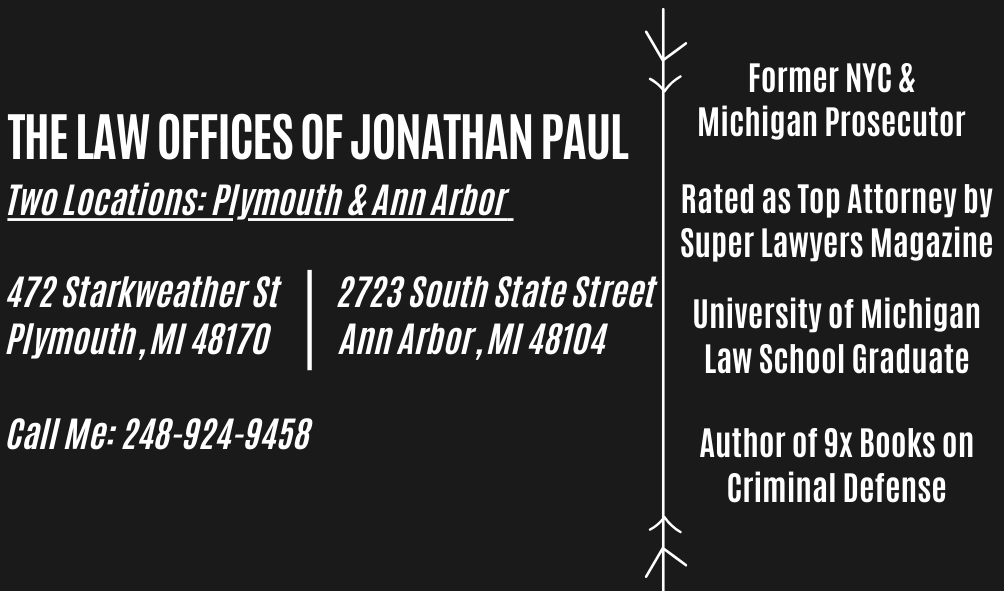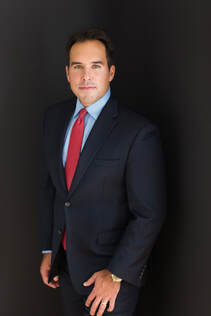Former Domestic Violence ProsecutorSuper Lawyers selects attorneys using a patented multi-phase selection process. Peer nominations and evaluations are combined with third party research. Each candidate is evaluated on 12 indicators of peer recognition and professional achievement.
Selections are made on an annual, state-by-state basis. The objective is to create a credible, comprehensive and diverse listing of outstanding attorneys that can be used as a resource for attorneys and consumers searching for legal counsel. Since Super Lawyers is intended to be used as an aid in selecting a lawyer, we limit the lawyer ratings to those who can be hired and retained by the public, i.e., lawyers in private practice and Legal Aid attorneys. The Super Lawyers patented selection process involves three basic steps: creation of the candidate pool; evaluation of candidates by the research department; and peer evaluation by practice area. Lawyers enter the candidate pool by being formally nominated by a peer or if identified by the research department during the research process. Formal nominations Once a year, we invite lawyers in each state to nominate the top attorneys they've personally observed in action. Lawyers may nominate attorneys in their own firm, but these nominations count only if each in-firm nomination is matched by at least one out-firm nomination. Each nomination carries a point value. An out-firm nomination has substantially greater point value than an in-firm nomination. Lawyers cannot nominate themselves, and must limit their nominations to others who practice in the same state. Our procedures and database have several safeguards that prevent lawyers from "gaming" the system. For example, we track who nominates whom. This helps us detect any excessive "back-scratch" nominations (lawyers nominating each other) and "block nominations" (where members of the same law firm all cast identical nominations). We also prohibit lawyers from engaging in "campaigning" or solicitation of nominations from other lawyers. While important, the nomination phase is simply the first step in our process. It puts lawyers on our radar for further research and evaluation, and awards points in our rating system. But we limit the value of those points so that no matter how many nominations one receives, it will not guarantee selection. Research process Our attorney-led research staff searches for lawyers who have attained certain honors, results or credentials, which indicate a high degree of peer recognition or professional competence. For example, certification as a specialist in a particular area of practice, or admission to prestigious colleges or academies, e.g., The American College of Trial Lawyers. The staff identifies these credentials by reviewing a proprietary list of database and online sources, including national and local legal trade publications. Most of the lawyers we identify in this process have also been nominated by their peers. Occasionally, however, we find outstanding lawyers who have been overlooked in the nomination process. These may include: lawyers with national litigation practices who rarely appear in the courts of their home jurisdiction; lawyers in smaller firms or from smaller communities; and lawyers practicing in less visible or highly specialized practice areas. Evaluation of Lawyers in Candidate Pool Our research department evaluates each candidate based on these 12 indicators of peer recognition and professional achievement: verdicts and settlements; transactions; representative clients; experience; honors and awards; special licenses and certifications; position within law firm; bar and or other professional activity; pro bono and community service as a lawyer; scholarly lectures and writings; education and employment background; and other outstanding achievements. These indicators are not treated equally; some have a higher maximum point value than others. Peer Evaluation by Practice Area In this step, also known as the "blue ribbon review," candidates are grouped according to their primary areas of practice. The candidates in each practice area with the highest point totals from steps one and two above are asked to serve on a blue ribbon panel. The panelists are then provided a list of candidates from their practice areas to review, rating them on a scale of one to ten. Final Selection Candidates are grouped into four firm-size categories. Those with the highest point totals from each category are selected. This means solo and small firm lawyers are compared with other solo and small firm attorneys, and large firm lawyers compete with other large firm lawyers. Five percent of the total lawyers in the state are selected for inclusion in Super Lawyers. Before Publishing
The research staff checks each candidate's standing with the local licensing authority. Each candidate is asked to aver that they have never been subject to disciplinary or criminal proceedings. Final Internet searches are performed on each candidate to ensure there are no outstanding matters that would reflect adversely on the lawyer. We also contact each lawyer to ensure accuracy of all published information. Publication The final published list represents no more than 5 percent of the lawyers in the state. The lists are published annually in state and regional editions of Super Lawyers Magazines and in inserts and special advertising sections in leading city and regional magazines and newspapers. All attorneys selected for inclusion in Super Lawyers, regardless of year, can be found on superlawyers.com. The Rising Stars selection process The selection process for the Rising Stars list is the same as the Super Lawyers selection process, with one exception: to be eligible for inclusion in Rising Stars, a candidate must be either 40 years old or younger or in practice for 10 years or less. All attorneys first go through the Super Lawyers selection process. Those who are not selected to the Super Lawyers list, but who meet either one of the Rising Stars eligibility requirements, then go through the Rising Stars selection process. While up to five percent of the lawyers in the state are named to Super Lawyers, no more than 2.5 percent are named to the Rising Stars list. |
My name is Jonathan Paul, and I'm a criminal defense attorney in Michigan. As part of my practice, I defend doctors, fellow attorneys, executives, senior military officers, teachers, professional and college athletes, airline pilots, and the good hard working people of Michigan who find themselves charged with a criminal offense.
I am also an author of four books, and a former professor criminal and constitutional law professor. I educate and lecture on criminal defense with ICLE (Institute of Continuing Legal Education) for other Michigan attorneys looking to improve their own knowledge and career success. I currently live in Ann Arbor with my wife and kids, and prior to entering private practice, I was an Assistant District Attorney in New York City, and an Oakland County (Michigan) Prosecutor. As a prosecutor, I successfully prosecuted thousands of high profile felony, and misdemeanor offenses. I also have a background in divorce and custody cases, which allows my to better assist clients who are charged with DV who may in the near future may either file for divorce /custody or their significant other may do it first. While I'm usually the lead attorney on most criminal cases, we use a team approach, which gives the client multiple legal minds working on their case, and helping the client get the absolute best outcome. Since leaving my career as a prosecutor, I've been selected and recognized in 2013 2014, 2015, 2016, 2017 & 2018 by Super Lawyers Magazine. This selection by Super Lawyers Magazine was featured in Hour Detroit Magazine and the New York Times. My work as a Michigan criminal defense lawyer has also earned me a "Superb" 10.0 Avvo Rating. I'm licensed to practice law in Michigan and New York. I graduated from the University of Michigan Law School. I currently serve as the criminal law co-chair for the Washtenaw County Bar Association and I'm a member of the Oakland County Criminal Law Committee. To discuss your case, give me a call at 248-924-9458 or email me. I am available 24 hours a day, 7 days a week, 365 days of the year. It may take me a moment to get back to you as I may be in court or with my family, but I will do my best to respond within this time frame. |



